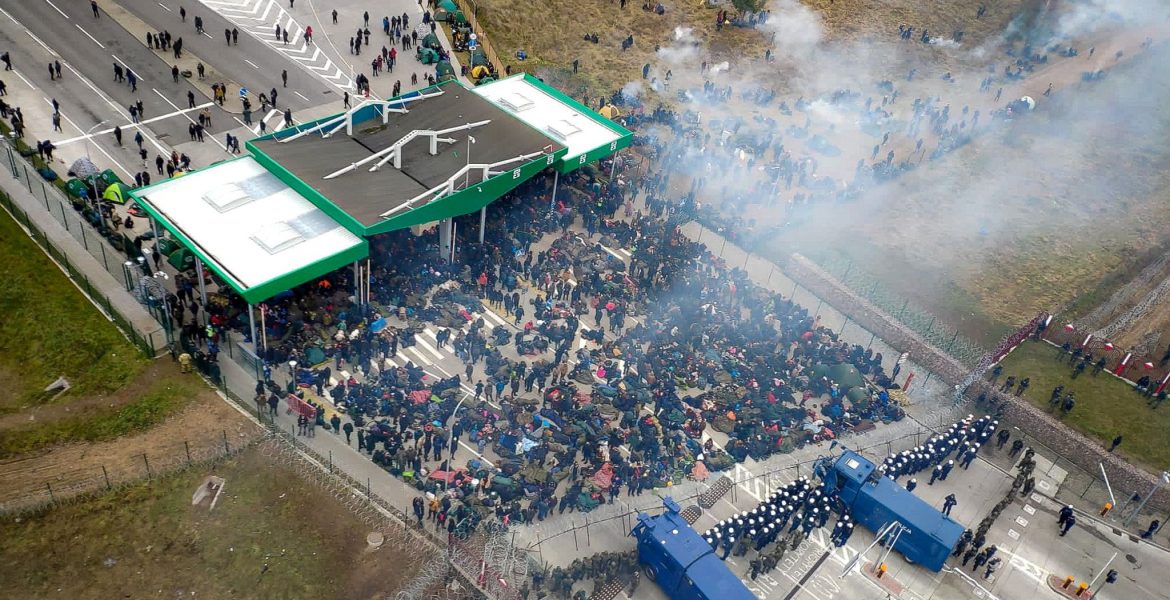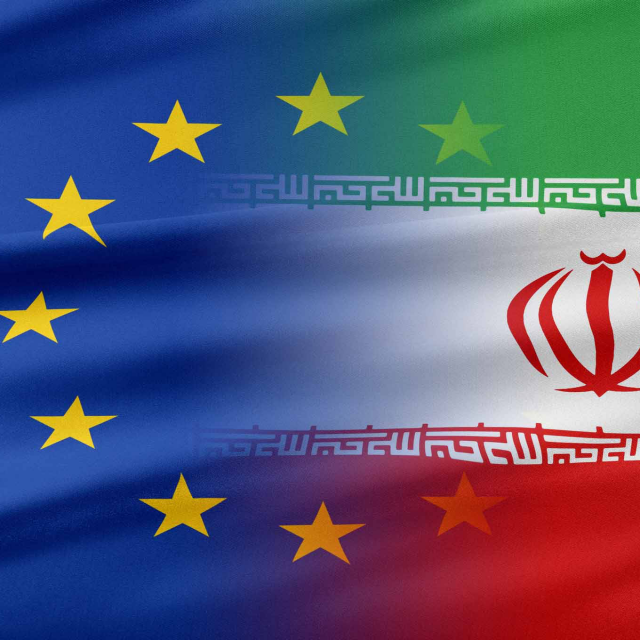The situation at the Belarus border and the gas crisis are very much on the EU agenda.
German MEP Reinhard Bütikofer, AFET coordinator for the Greens/EFA group in the European Parliament, has commented on the crisis.
“The European leaders at their summit are challenged to deal with two blackmailing efforts against the EU which they must reject forcefully.
“Both blackmailing efforts come from east of the EU, one from Belarus, one from Russia. Belarus’ dictator Lukashenka intensifies his aggressive human trafficking policy to put pressure on Poland, Lithuania, Latvia and the whole EU. The EU must stand firm and united. Enhanced sanctions should make sure that European airlines will cease abetting Lukashenka’s policy by doing charter deals with the Belarusian air carrier Belavia. Also, air companies actively supporting Lukashenka’s human trafficking should be warned against losing landing rights in the EU. In addition, it would be positive if all three EU member states that share a border with Belarus would accept cooperation with Frontex along that border and would be willing to create the necessary level of transparency regarding the border regime. Illegal pushbacks cannot be condoned.”
“The second blackmailing attack against the EU comes from Moscow where President Putin tries to utilise the current gas crisis in order to force EU authorities to grant the Nord Stream 2 project an exception from the strict application of European energy law. Nord Stream 2 has long been a divisive issue inside the EU. It is a project that runs counter to the declared goals of the EU’s energy policy and it runs counter to the principle of energy solidarity between member states. European leaders must not allow Putin’s blackmail to succeed. Existing pipeline capacity would be more than sufficient to import more Russian gas to EU countries. It is telling that Gazprom rather pays a fine than use the contractually established transport quota through Ukraine. European unity against Putin must be given priority. The burden is on Berlin in particular: Germany’s loyalty with Europe must prevail.”
In a plenary debate with EU Foreign Policy Chief Josep Borrell, expressed their deep worries over the dramatic crisis currently unfolding at the Polish-Belarusian border. They also repeated their strong condemnation of the current tactics of the Belarusian dictatorial regime of funnelling migrant flows to the EU’s external borders, escalating the situation with neighbouring countries, in particular Poland, as revenge for European Union sanctions.
Vice President Josep Borrell repeated that the European Union is currently engaging in wide ranging diplomatic efforts together with the countries of origin in order to find solutions and prevent more trafficked migrants from arriving in this way. At the same time, he stressed that Belarus authorities must provide humanitarian assistance to the people trapped in the Belarusian border area, including providing access for humanitarian organisations to the region and to allow for humanitarian corridors. He also announced an upcoming discussion on expanded EU sanctions.
During the debate, several MEPs voiced alarm over the deteriorating humanitarian situation at the Polish-Belarusian border, with people trapped between border forces being exposed to winter weather conditions. They urged the Polish authorities to end the ongoing aggressive pushbacks of migrants back into Belarus, and to accept assistance from the EU’s agencies in handling the humanitarian situation, deploring that this support has been refused so far. Other MEPs focused on the urgent need for aid organisations to have direct access to the Polish-Belarusian border in order to help the migrants stranded there.
Some parliamentarians called for EU funds to be used to build a fence to protect the Union’s external borders from irregular crossings and hybrid attacks, while others firmly rejected the idea. Other MEPs stressed the need for more EU sanctions against Belarus while highlighting the Russian government’s “behind the scenes role” in the ongoing crisis, calling for dialogue with Moscow to find solutions.




